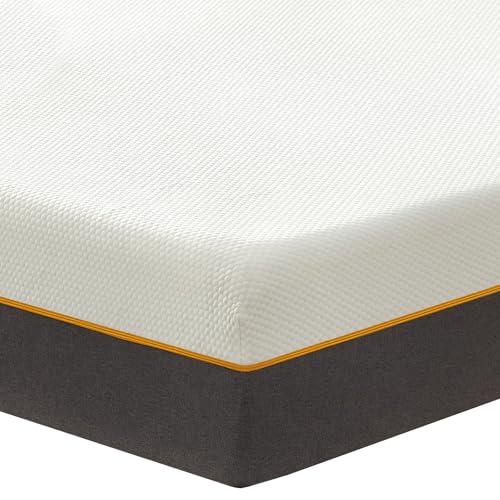What causes snoring?
Before we explore if a mattress can help with snoring, let’s understand why people snore. Snoring occurs when the airflow through the mouth and nose is partially blocked during sleep, causing vibration in the throat tissue. The common causes of snoring include sleep apnea, obesity, alcohol consumption, and nasal congestion.
How does a mattress affect snoring?
The type of mattress you sleep on can affect your snoring patterns. A sagging mattress can cause your body to sink and your neck to curve, leading to airway obstruction and snoring. On the other hand, a firm mattress can improve spinal alignment and keep your airways open, reducing snoring.
What kind of mattress is best for snoring?
While there is no one-size-fits-all solution to snoring, there are certain types of mattresses that can help improve your sleeping posture and reduce snoring. A medium-firm mattress with good support can help keep your spine aligned and reduce airway obstruction. Additionally, a mattress with memory foam can contour your body and relieve pressure points, reducing snoring caused by discomfort.
Are there any other sleep-related products that can help with snoring?
In addition to a supportive mattress, there are other sleep-related products that may help with snoring. Nasal strips can help open up your nasal passages and increase airflow. Anti-snoring pillows are designed to keep your head and neck in an optimal sleeping position, reducing snoring. Finally, a humidifier can moisten the air and reduce congestion, making it easier to breathe through your nose.
A mattress may not be a guaranteed solution to snoring, but it can certainly help improve your sleeping posture and reduce airway obstruction. Ultimately, the best way to reduce snoring is to determine the underlying cause and take appropriate steps to address it, such as losing weight or quitting smoking. If your snoring persists, consult a healthcare professional for further evaluation and treatment options.






